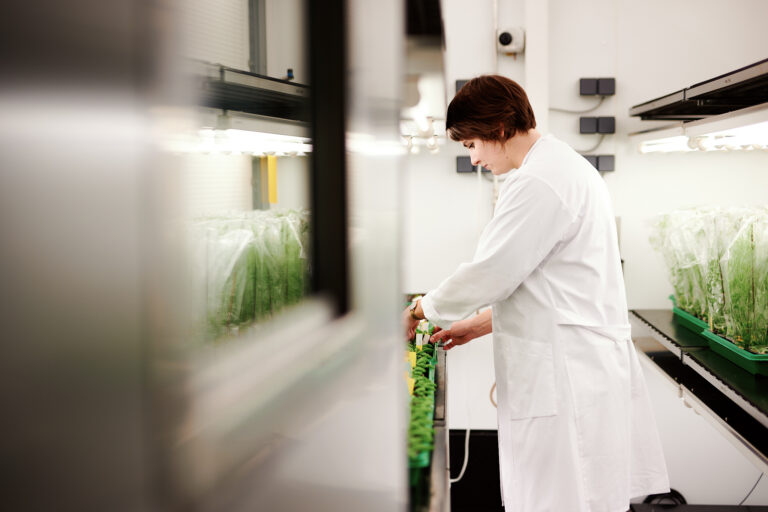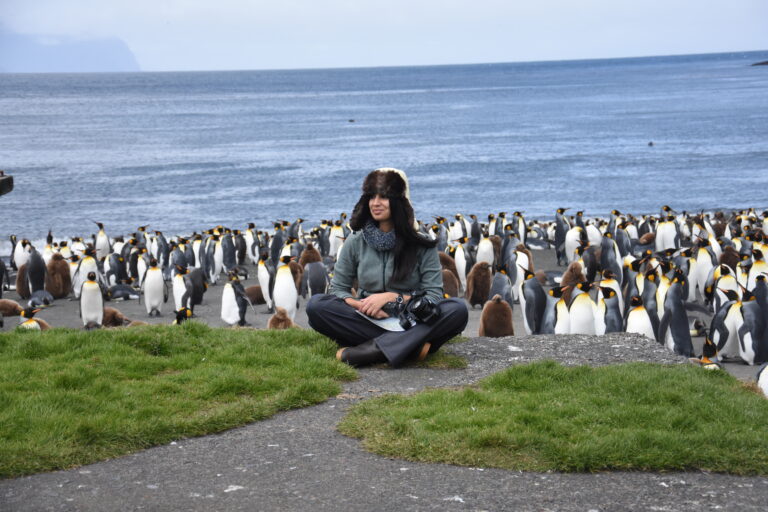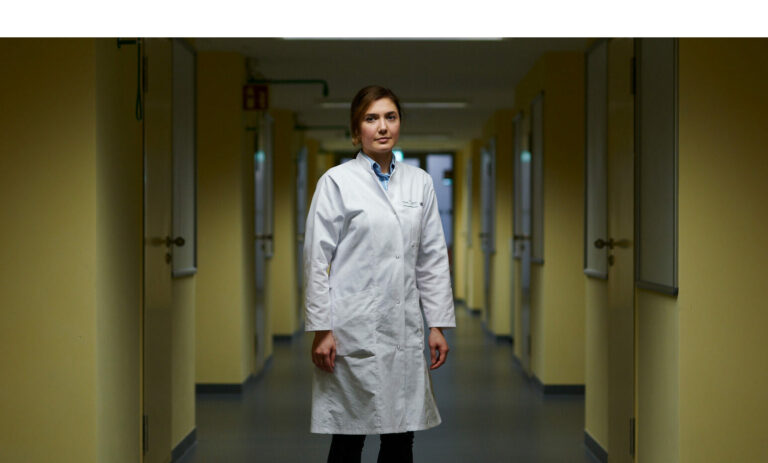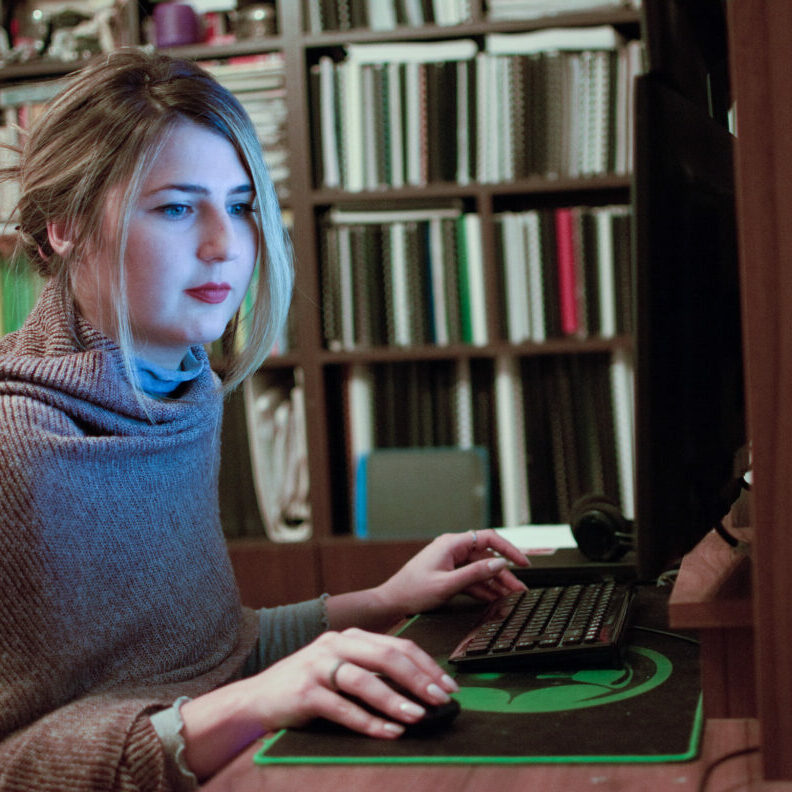
Psychologist Dr. Andreea Ursu: How a Satisfied Romantic Relationship Impacts Your Health
In the series “33 questions” we introduce, in no particular order, our WiRe Fellows who are currently working on a research project here at the University of Münster. Why 33? Well, if we think of the rush hour of life, it is kind of the age that lies in its middle. And we also like the number😉.
In today’s episode we are speaking with Dr. Andreea Ursu, psychologist, specialized in emotional dynamics between intimate partners, passionate about culture and traveling.
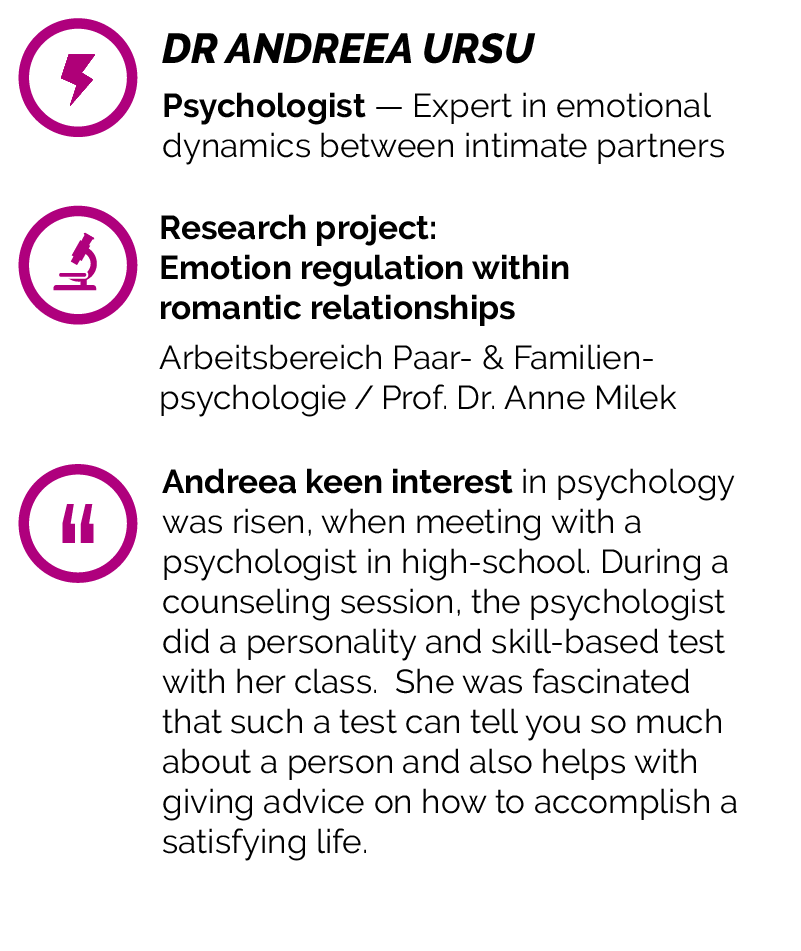
1. What motivated you to work in the field of psychology?
I was always curious why people behave in the way they do and how this influences their psychological functioning. But what really awoke my interest in psychology was a meeting with a psychologist in my last year of high school. During a counseling session, the psychologist did a personality and skill-based test with us. Based on the individual test results, he was able to recommend the most suitable faculty to everyone. I was fascinated that such a test can tell you so much about a person and also helps with giving advice on how to accomplish a satisfying
2. Describe your daily work in three words.
Reading, thinking and writing.
3. Describe your research topic in three words.
Understanding the effects of emotion regulation strategies on the functioning of couples. Well, these are more than three words, but the shortest possible description.
4. A good psychologist needs?
Curiosity, empathy and an open mind. These are the things that a psychologist needs besides a strong theoretical and methodological background, and funds for testing the proposed hypotheses.
5. What is the best experience you have had as a scientist/researcher?
My Erasmus and my research stays at different labs in Europe. But in particular, my experience at the Cross-Cultural Psychology Centre in Athens. The talks with Professor Pavlopoulos about the role of education, research and the role of teachers were so insightful and inspiring. I feel lucky to have had the opportunity to work with him.
6. What was your biggest research disaster?
In a study conducted within my PhD program, none of my hypotheses were confirmed. It felt like a disaster in that moment, but after analyzing the literature, I realized that I was comparing my results with results from other studies which had participants with differing characteristics. Thus, it was actually not a disaster, but some new results for the links between those variables which need to be further analyzed.
7. Which (historical) important scientist would you like to have dinner with? What would you ask?
Leta Hollingworth and Karen Horney. I would like to tell them how much I appreciate their work and their courage for researching during that period of time. Both of them are pioneers for new disciplines in psychology.
Leta Hollingworth was the first psychologist to have ever shown empirically that there are no significant differences between men and women on mental traits in a time when the inferiority of women on multiple levels – one of them being intelligence – was widely accepted.
Karen Horney is the psychologist who studied and emphasized the importance of interpersonal relationships on psychological development and functioning. In addition, she was interested in psychology of women, an unexplored area at that time.
8. If time and money were no object: Which research project would you like to do?
An ample study on the functioning of romantic relationships. This study would be composed by longitudinal studies, daily studies and Experience Sampling Method studies, with emerging adults (18-29 years old) as participants. There are differences and similarities between emerging adults and adults, middle-aged and elders’ intimate interactions. It would be interesting to know more about how emotion regulation develops over time due to partners’ interactions, how emotion regulation influences the initiation, maintenance and dissolution of emerging adults’ romantic relationships, whose personal variables have a buffering effect on maintaining romantic relationships.
9. What is your favorite research discipline other than your own?
History of Psychology – it shows how psychology became a science and how it evolves over time. Also, on one hand it shows the greatest achievements (most important theories, experiments, in other words what we have learned thus far). On the other one, it also shows what has been tried and discarded afterwards. However, if I had to choose a discipline which is not part of psychology as a science, I would say politics.
10. What do you consider the greatest achievement in the history of science / your field?
It is hard to choose one, thus I will present a few of them, in no particular order.
In my opinion, Hollingworth’s study on sex differences is one of the greatest achievements. The results of this study could have been one of the reasons for the development new disciplines in psychology such as Psychology of Women, Gender Psychology, Psychology of Men, Stereotype and Threat. Furthermore, these results had great impact on how society perceives women and their role in society.
Psychoanalysis is another important achievement, in my view. It might be one of psychology’s paradigms which had the most adepts while being one of the most contested theories. However, psychoanalysis initiated the development of other paradigms such as behaviorism and humanistic psychology which helped us form a greater understanding of the human mind and behavior. Wundt’s lab is also one of the greatest achievements. Due to funding, this lab psychology has been accepted as an independent field of study. Humanistic psychology was another great achievement. This paradigm emphasizes the importance of studying healthy individuals, who are integrated and function well in society, the good in people, the free will and human potential.
11. Which experience in the world of science disappointed you most?
Lack of support from some experienced researchers, unconstructive critics and lack of interest in building a network.
12. How did you survive your PhD time?
This is something that I would like to know as well.
13. What direct or indirect relevance does your research have for society?
Emotional regulation is pivotal to the understanding of intimate partners’ dynamics. Knowing the effects of specific emotion regulation strategies on intimate partners’ interaction patterns may have an impact at intrapersonal, interpersonal and societal levels. The use of adaptive emotion regulation strategies of one partner may have an impact on the personal level of intimacy, but also on the partner’s personal level of intimacy. Having a high level of intimacy is one of the characteristics of satisfying interpersonal relationships. Being involved in a satisfied romantic relationship has multiple effects on personal wellbeing, psychological, mental and physical health. Thus, it is important to know the emotional predictors of satisfying romantic relationships, because the positive impact of satisfied romantic relationships on psychological and mental health is already known.
14. How did you imagine the life of a scientist/researcher when you were a high school student?
Being in the library and lab almost all day long . Reading and presenting interesting and newly discovered ideas to students. Having insightful discussions with colleagues about new research ideas.
15. Is it actually different? In what way?
Not really. However, back in high school, I was not aware of the struggles related to balancing family, career and funding issues.
16. What do you like most about the “lifestyle” of a scientist? And what least of it?
The autonomy and flexibility are the things that I like the most. What I like the least is the uncertainty related to work (job insecurity, financial problems, balancing professional and personal life).
17. If you were the research minister of Germany, what would you do to improve the situation of women in science?
Investing more in research programs for supporting women in science (taking into account the social roles that women have) and for supporting early career researchers.
18. If you had a daughter, what would you advise her not to do?
To believe that she cannot do something because she is a girl. But this is something that I would say to my son as well.
19. What is the biggest challenge for you when it comes to balancing family and career?
Not spending as much time as I would like with my family, or postponing having my own family for later once I will have a better position in academia.
20. How often do you as a friend / partner / mother / daughter feel guilty when you have to meet a deadline again?
Quite often! It is hard when I don’t attend family gatherings or events because I need to read or write a paper related to my research.
21. How did you imagine your future as a child? What profession did you want to pursue?
I don’t remember thinking about wanting to pursue a specific profession. None of my family members remember either. What I do remember is that I was fighting against being treated differently because I was a girl.
22. How do you keep your head clear when you are stressed?
I learned that you can “eat” an elephant if you cut it in very tiny pieces, thus, I am working through my to-do list one by one, while considering their priority, urgency and deadline. I am also trying not to think about upcoming activities, trying to focus on one task at a time, but if another one pops up in my mind, I am saying to myself “Ok, Andreea, you will do it afterwards, once you finish this one. Let’s stay on this task for now!”.
23. What is your favourite German word?
Bearing in mind that I do not speak German at all, I would say “Danke” because it reflects gratitude, kindness and being polite towards someone who helped me. I think that being more grateful for the good parts of our lives and kind towards other people may help us to feel better about ourselves and the world in general.
24. What makes you most happy about the world?
Kindness of people and the help that you receive from others or you offer to others without expecting something in return.
25. Which of your traits bothers you the most in your daily work?
My need to know everything about a topic, to read all the articles on a given topic. Which is not even possible!
26. What worries you most about the world?
The budget allocated to education and research by governments. I am worried when thinking of effects of poor investments on the long term at individual but also at a societal level. I am also worried about the low level of support for early career researchers.
27. Your favourite TV series?
Friends. It may seem banal, but we can easily see and analyze their dynamics, as family, couples and friends are the most important bonds that we have developed as human beings.
I also liked House of Cards. However, since before my PhD started I did not have time for watching series.
28. If someone asks you about your age, what do you respond spontaneously?
“How old do you think I am?” I like to see peoples’ perceptions. But afterwards I will just tell them my age.
29. Which hobby have you given up for a life in academia?
Reading. I would love to have more time to read more literature, or more about politics, anthropology.
30. If you could travel in time: in which epoch and at which discovery or event would you have liked to have been there?
1880-1920 – because of all the achievements made concerning psychology in Romania.
31. What are the advantages and disadvantages of doing a Research@home-WiRe-fellowship?
Working from home is one of the biggest advantages, but also the biggest disadvantage. It is nice that you don’t need to change your routine, to reschedule your activities, to relocate, but on the other side you don’t interact that much with your colleagues and mentor.
32. What is your favorite place in Münster?
I don’t have a favourite place in Münster, yet. I hope to visit Münster and the lab soon.
33. What is the biggest difference between the academic system you have last done research in and the academic system as you experience it in Münster / Germany?”
Some of the differences between the Romanian and German academic systems are related to the research funds, I like the support from my colleagues and fellowships designed for early career researchers.

